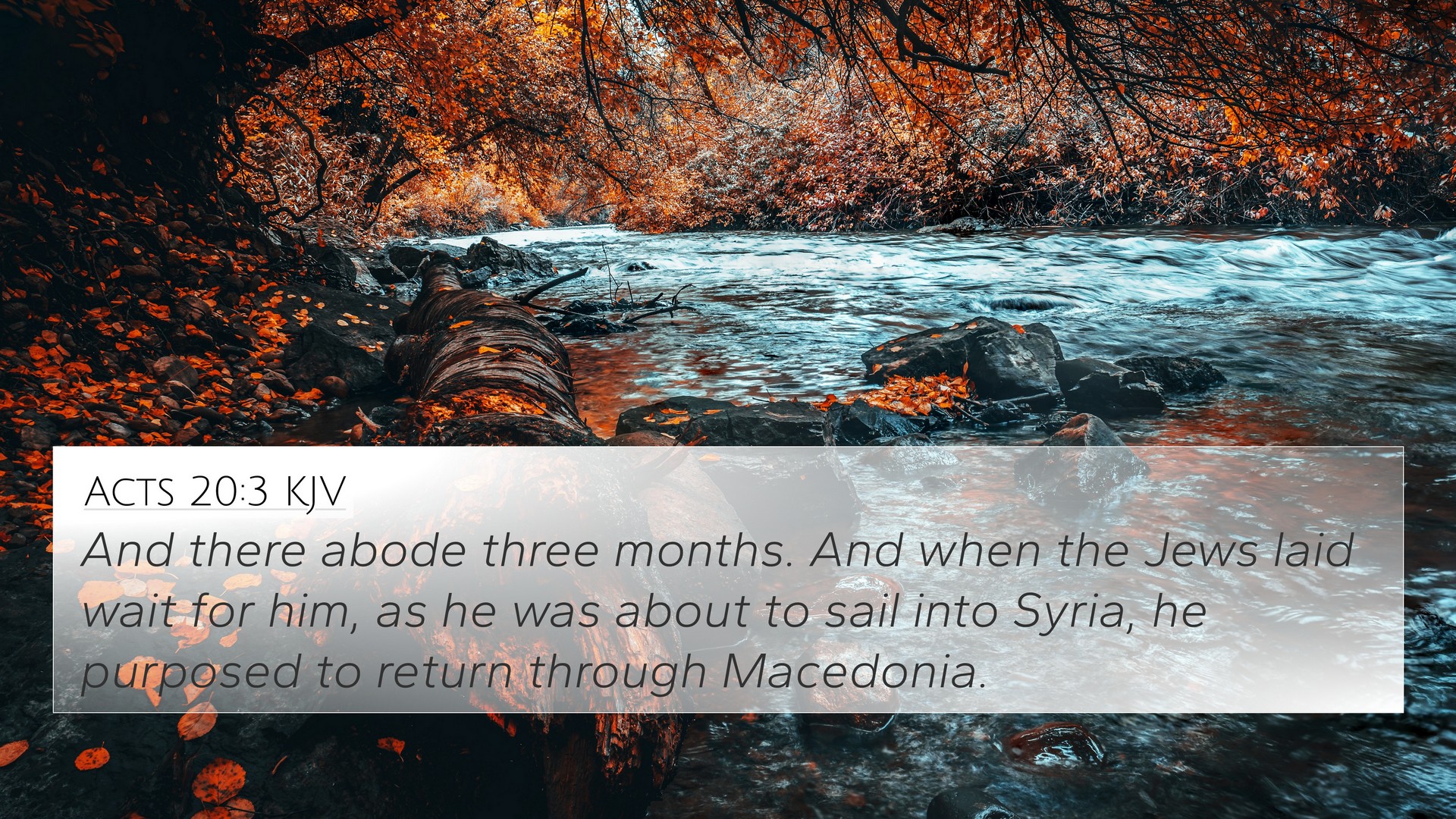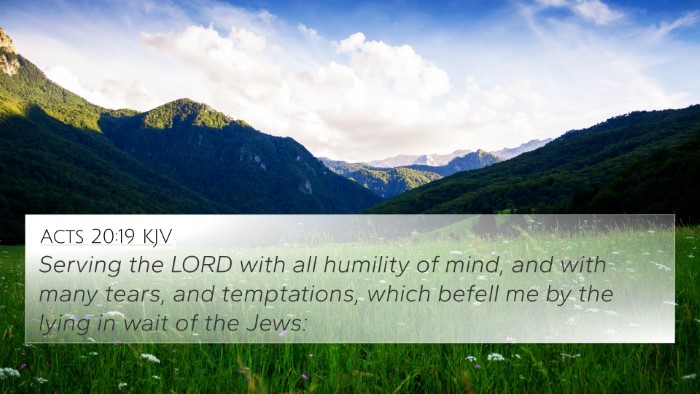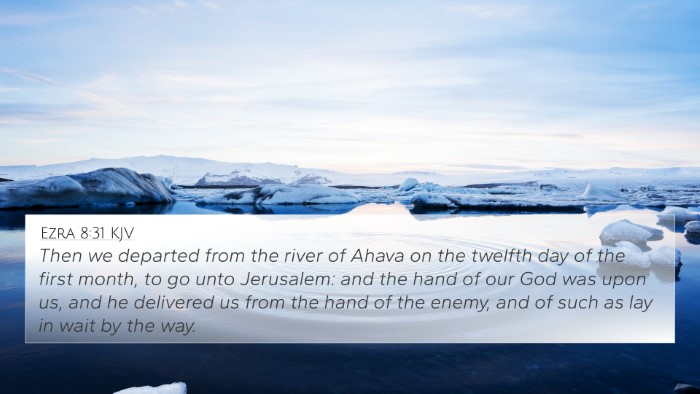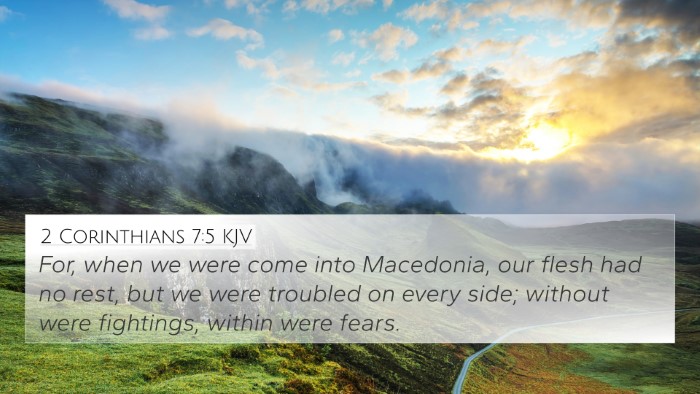Understanding Acts 20:3
Acts 20:3 states:
“And there he stayed three months. And when the Jews plotted against him, as he was about to sail to Syria, he decided to return through Macedonia.”
This verse captures a significant moment in the Apostle Paul's ministry during his third missionary journey. It reflects on his time in Corinth and the strategies he employs to navigate the challenges posed by opposition from the Jewish community.
Summary of Context
Paul's journey and encounters are pivotal for understanding the early Christian church's expansion and the Apostle's perseverance in preaching the gospel despite facing plots against his life. His decision to stay longer in a particular city, such as Corinth, indicates his commitment to establishing the faith amid adversity.
Commentary Insights
Matthew Henry's Commentary
Matthew Henry highlights the importance of Paul's decision to remain in Corinth amidst fierce opposition. He notes that this period provides Paul with an opportunity to strengthen the believers there. The plot against Paul indicates the persistent hostility he faced from some Jewish leaders, which serves to illustrate the broader conflict between early Christians and the Jewish authorities.
Albert Barnes' Notes on the Bible
Albert Barnes emphasizes the geographical and contextual elements of the verse. He explains that Paul's decision to sail to Syria was thwarted by the Jews' plot, indicating the risks involved in his travels. Barnes notes the significance of Paul's route through Macedonia, as it reflects his commitment to strengthening the churches he established and gathering support for his ministry.
Adam Clarke's Commentary
Adam Clarke elaborates on the social dynamics at play in Corinth and mentions the importance of Paul’s visit for the believers’ growth in faith. Clarke also notes the strategic choices Paul made in response to threats, suggesting both a pastoral and missionary focus in his travels.
Cross-References and Thematic Links
Acts 20:3 connects with multiple other scriptures, illustrating the network of themes present throughout the Bible.
- Acts 18:11 - Illustrates Paul’s long stay in Corinth, fostering the growth of the church.
- Romans 1:13 - Reflects Paul's desire to visit the believers in Rome, showing his commitment to spreading the gospel.
- 2 Corinthians 1:8-10 - Paul discusses the hardships he endured, paralleling his experiences during his missionary work.
- Philippians 1:29-30 - Explores suffering for the gospel, reflecting the challenges Paul faced.
- 1 Timothy 1:18 - Mentions holding faith and a good conscience amidst personal and external challenges.
- Acts 16:9-10 - The Macedonian call, where Paul responds to God’s leading to spread the gospel.
- Acts 21:4 - The prophetic warnings of what awaits Paul in Jerusalem, indicating the ongoing conflict.
Inter-Biblical Dialogue
This verse encourages inter-Biblical dialogue by connecting Paul's experiences to the broader narrative of Acts and the epistles. The dynamic between the apostles and the Jewish leaders is essential for understanding the early church's expansion.
Conclusion
Acts 20:3 serves as a powerful reminder of the challenges faced by early Christians and the steadfast faith of the Apostle Paul. His journey through adversity highlights the importance of community support and the necessity of strategic decisions in ministry endeavors.
For those engaging in Bible cross-reference studies, this verse acts as a key link between the experiences of the Apostle Paul and the thematic undertones of suffering, perseverance, and the spread of the Christian faith.
SEO Keywords Summary
This analysis incorporates a range of keywords related to Bible verse cross-references, connections between Bible verses, and thematic Bible verse connections. Whether you're seeking tools for Bible cross-referencing or exploring Bible verses that relate to each other, Acts 20:3 provides a compelling narrative that opens the door to deeper exploration and understanding.

















